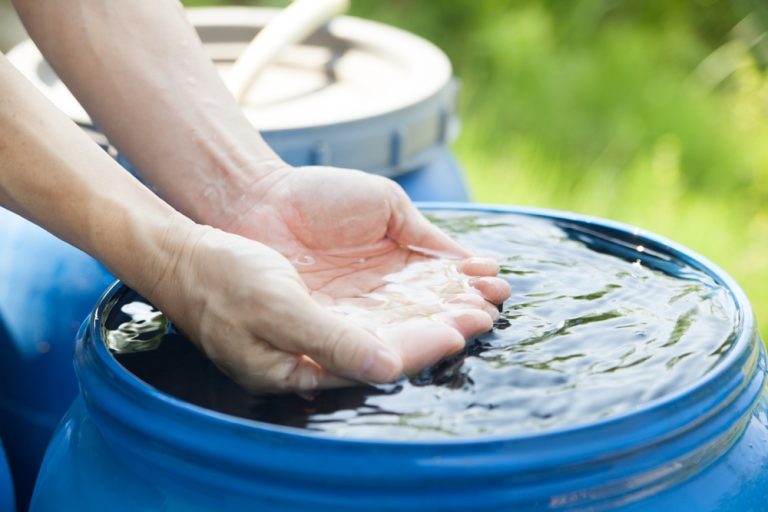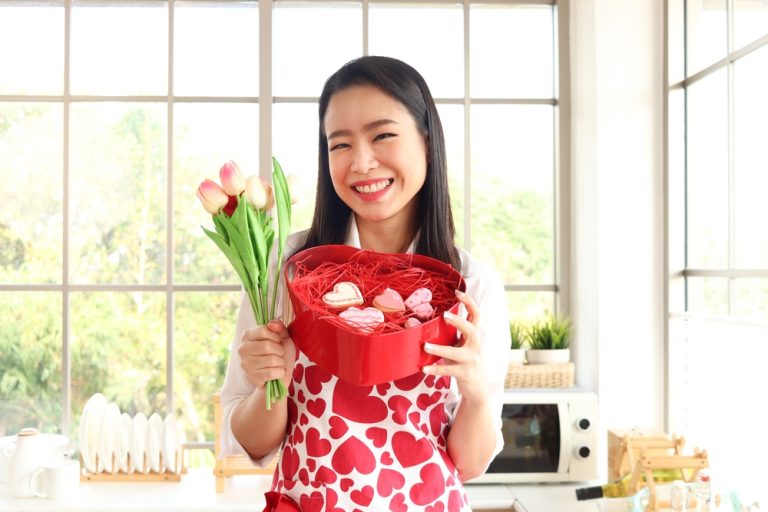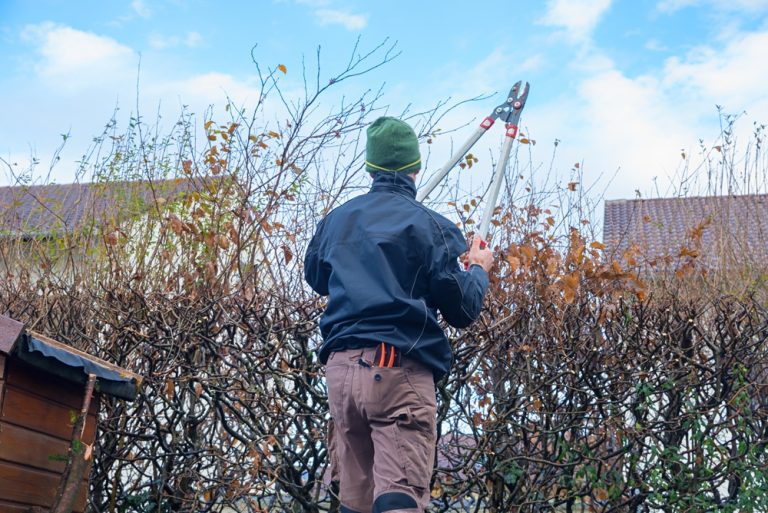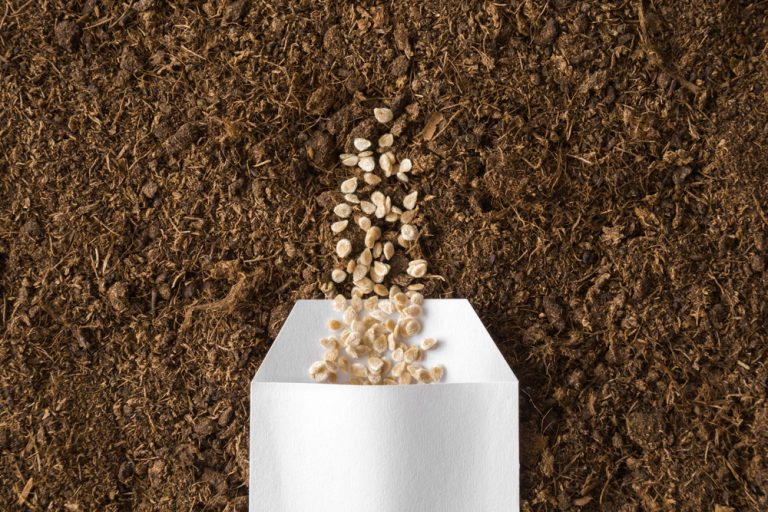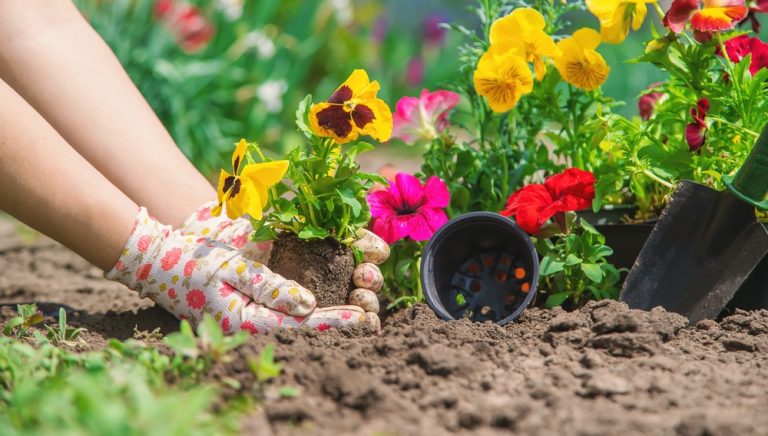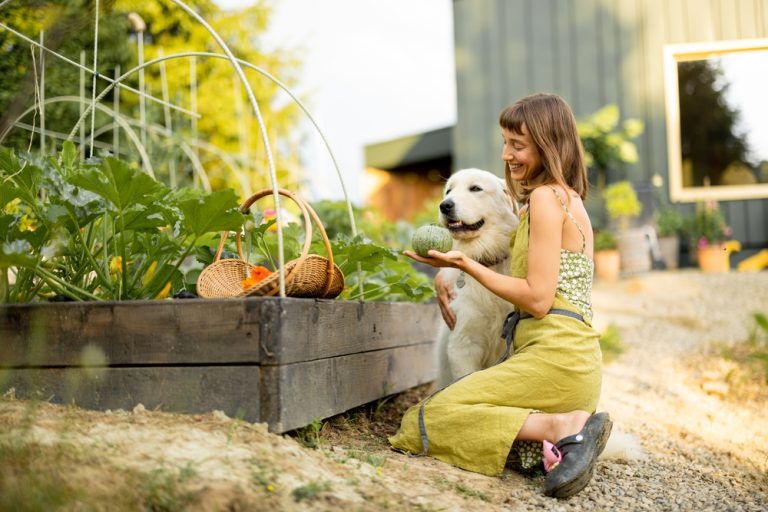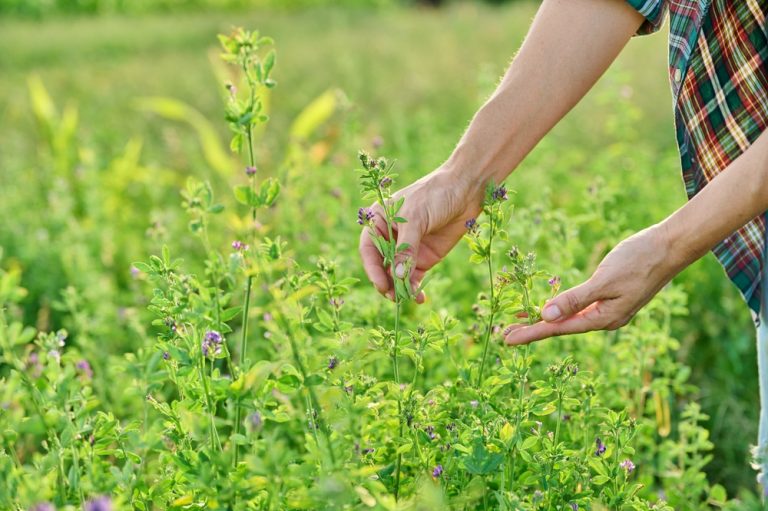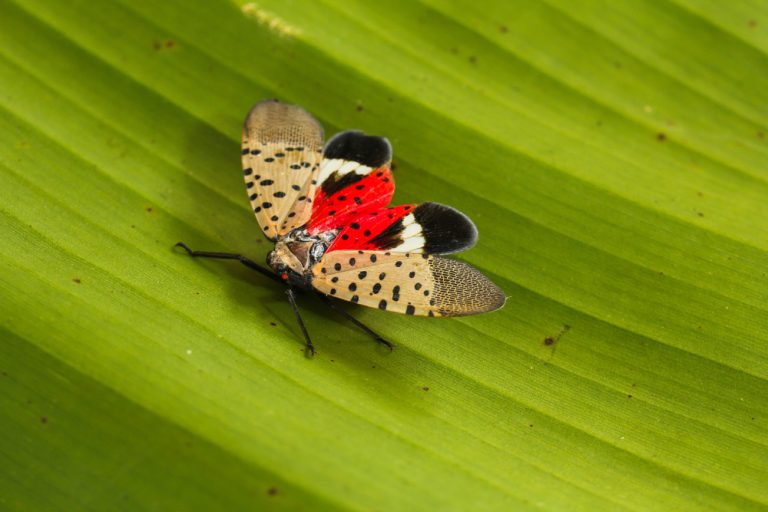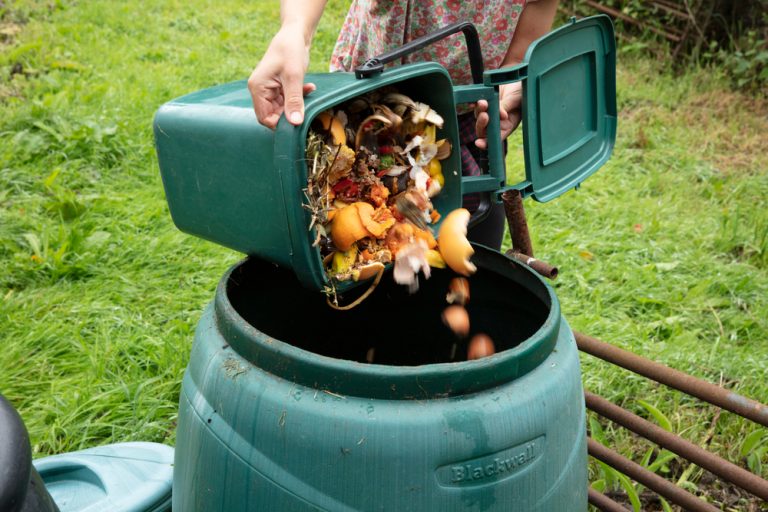Let’s take a trip together. It’s late winter in the Southeast — the sun is starting to tease us with a warmer touch, and your rain barrels are quietly brimming after weeks of off-and-on showers. You’re itching to siphon that sweet, free water into your garden beds, dreaming of lush tomato vines and vibrant marigolds…
gardening tips
Why DIY Valentine’s Bouquets Are Spreading Pests Indoors — Experts Warn Gardeners to Check This First
Crafting your own Valentine’s bouquet is charming and from the heart. It feels personal, creative, and far more genuine than grabbing a pre-made arrangement on the way home. But as more people turn to DIY floral projects, horticulture experts are waving a gentle but important red flag: those gorgeous stems you’re gathering may be carrying…
Gardeners: Do These February Prep Steps Now for a Healthier, Easier Spring
February is actually one of the most important times to set the stage for a successful growing season. While the ground may still be cold and the days short, this is when smart gardeners get ahead. The work you do now can determine how smoothly your spring unfolds, how healthy your plants become, and how…
5 Tips For Successfully Reviving 100 Year Old Tomato Seeds
Holding a packet of tomato seeds that predates your grandparents feels like time travel in the palm of your hand — a chance to revive a flavor, a color, or a variety that hasn’t seen sunlight in a century. But as romantic as the idea is, the reality can be a little nerve‑wracking. Seeds don’t…
Soil Scientists Warn: This Common Amendment Is Spreading Heavy Metals Into Home Gardens
If you’ve ever lovingly sprinkled a soil amendment into your garden and thought, “Ah yes, this is the secret sauce,” you’re not alone. Gardeners adore a good shortcut—especially one that promises bigger tomatoes, lusher blooms, and soil so rich it practically hums. But what if one of the most common amendments on store shelves is…
Dog Owners Shocked After Learning Their Mulch May Be Toxic
There’s nothing quite like the joy of watching your dog sprint across the yard, nose to the ground, tail wagging like a metronome. But that joy can turn into panic the moment you learn that something as ordinary as the mulch in your garden might not be as harmless as it looks. Dog owners have…
The Mulch That’s Causing Seizures in Cats — And It’s Still Being Sold in Stores
It smells like chocolate, looks harmless, and sits innocently in garden centers and big-box stores—but this popular mulch has been linked to seizures, tremors, and life-threatening reactions in cats. For pet owners, it’s one of those hidden dangers that feels especially unfair because it doesn’t look dangerous at all. No warning signs or dramatic labels….
These 10 Plants Fix Bad Soil — Without Costly Amendments
Bad soil is one of the most frustrating problems a gardener can face. You water faithfully, plant lovingly, and hope for miracles—only to end up with stunted plants, sad leaves, and dirt that looks more like construction debris than garden gold. But nature already built a solution, and it doesn’t come in a plastic bag…
NC State Agriculture Officials Issue New Alert About an Invasive Pest Moving Into Backyards
If you love your yard, your garden, or the peace of soaking up sunshine among your flowers and trees, it’s time for a quick reality check: something unwelcome might be creeping in right under your feet. North Carolina agriculture officials have just issued a fresh alert about an invasive pest that’s no longer lurking only…
Why Your Compost Bin Could Be Breeding a Fungus That Kills Seedlings
You lovingly nurture your compost bin like it’s a pet—tossing kitchen scraps and yard waste with dreams of rich soil to feed your garden. But imagine your compost quietly turning into an unwelcome incubator for fungi that could wipe out your fragile seedlings before they even get a chance to sprout strong roots. It’s a…
